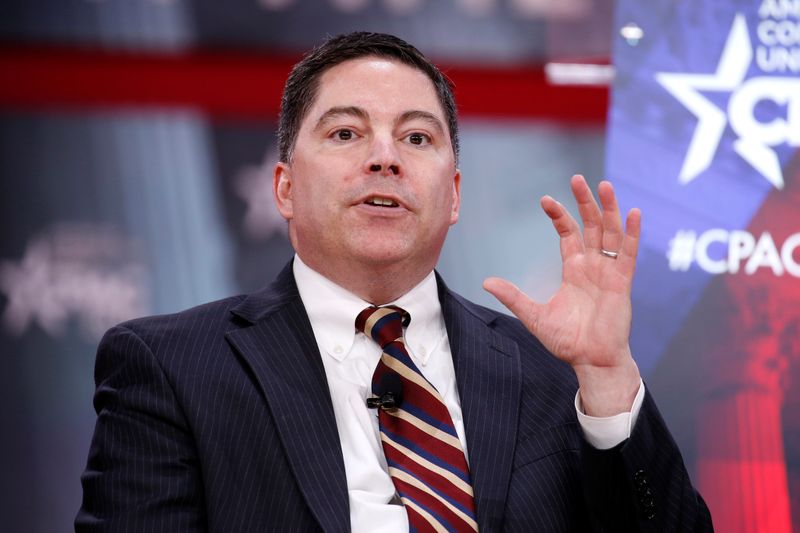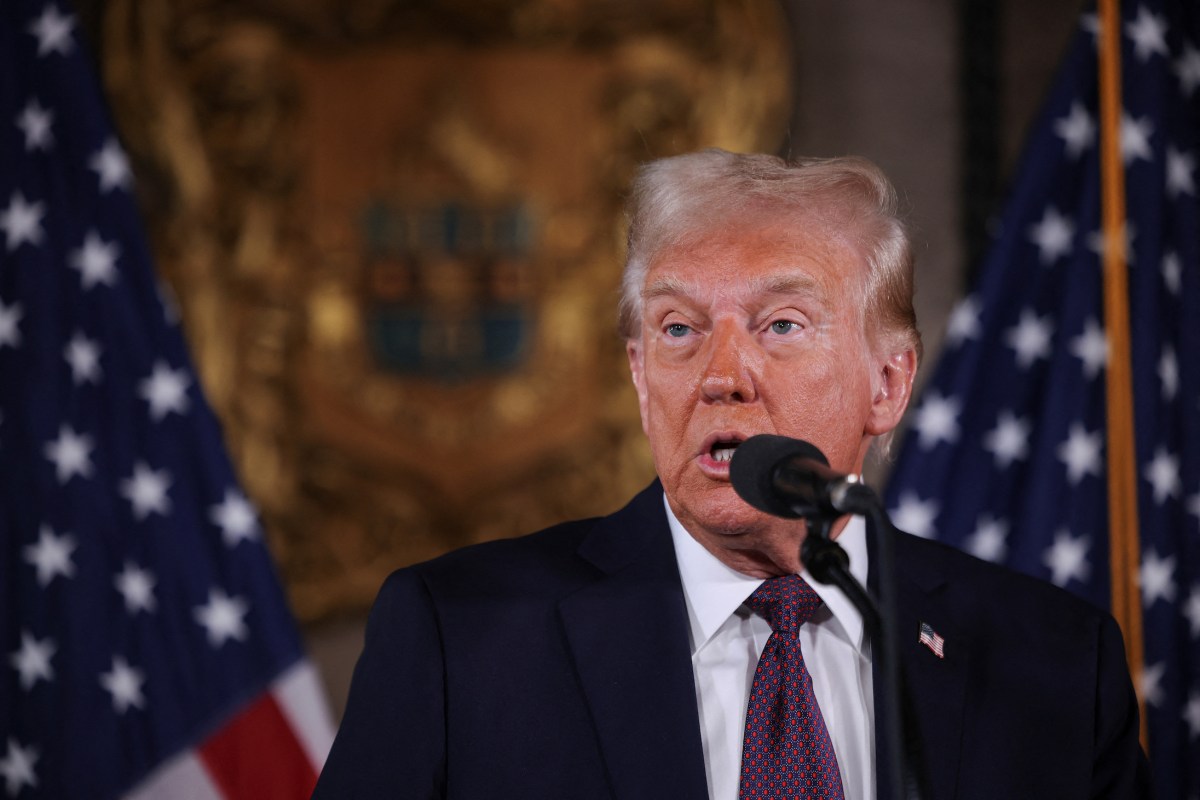WASHINGTON (Reuters) – The White House said on Monday it was withdrawing the nomination of Federal Communications Commission member Mike O’Rielly to serve another term, a surprising development that came after his nomination was approved by a Senate panel in July.
The announcement came less than a week after Senate Armed Services Committee chairman Jim Inhofe said he would block the nomination of O’Rielly, a Republican, over the five-member FCC’s unanimous decision to allow Ligado Networks to deploy a low-power nationwide mobile broadband network.
O’Rielly’s withdrawal came after President Donald Trump in May demanded the Commerce Department petition the FCC asking the commission to impose new regulations on social media moderation practices.
Earlier on Monday, FCC Chairman Ajit Pai said the agency would take public comment on the petition filed last week at Trump’s request. O’Rielly has expressed some skepticism about whether the FCC has authority to issue new regulations covering social media companies.
O’Rielly in June expressed “deep reservations” in a C-SPAN program about whether Congress had given the FCC power to limit social media companies’ legal protections.
The White House declined to comment.
O’Rielly, a former congressional aide who has been on the FCC since 2013, did not respond to a request for comment on Monday on whether his withdrawal was tied to his remarks on regulating social media companies.
O’Rielly made comments last week that drew attention of some White House and industry officials. He said “the First Amendment protects us from limits on speech imposed by the government – not private actors – and we should all reject demands, in the name of the First Amendment, for private actors to curate or publish speech in a certain way.”
He added that “like it or not, the First Amendment’s protections apply to corporate entities, especially when they engage in editorial decision making. It is time to stop allowing purveyors of First Amendment gibberish to claim they support more speech, when their actions make clear that they would actually curtail it through government action.”
(Reporting by David Shepardson in Washington; Editing by Sandra Maler and Matthew Lewis)






















